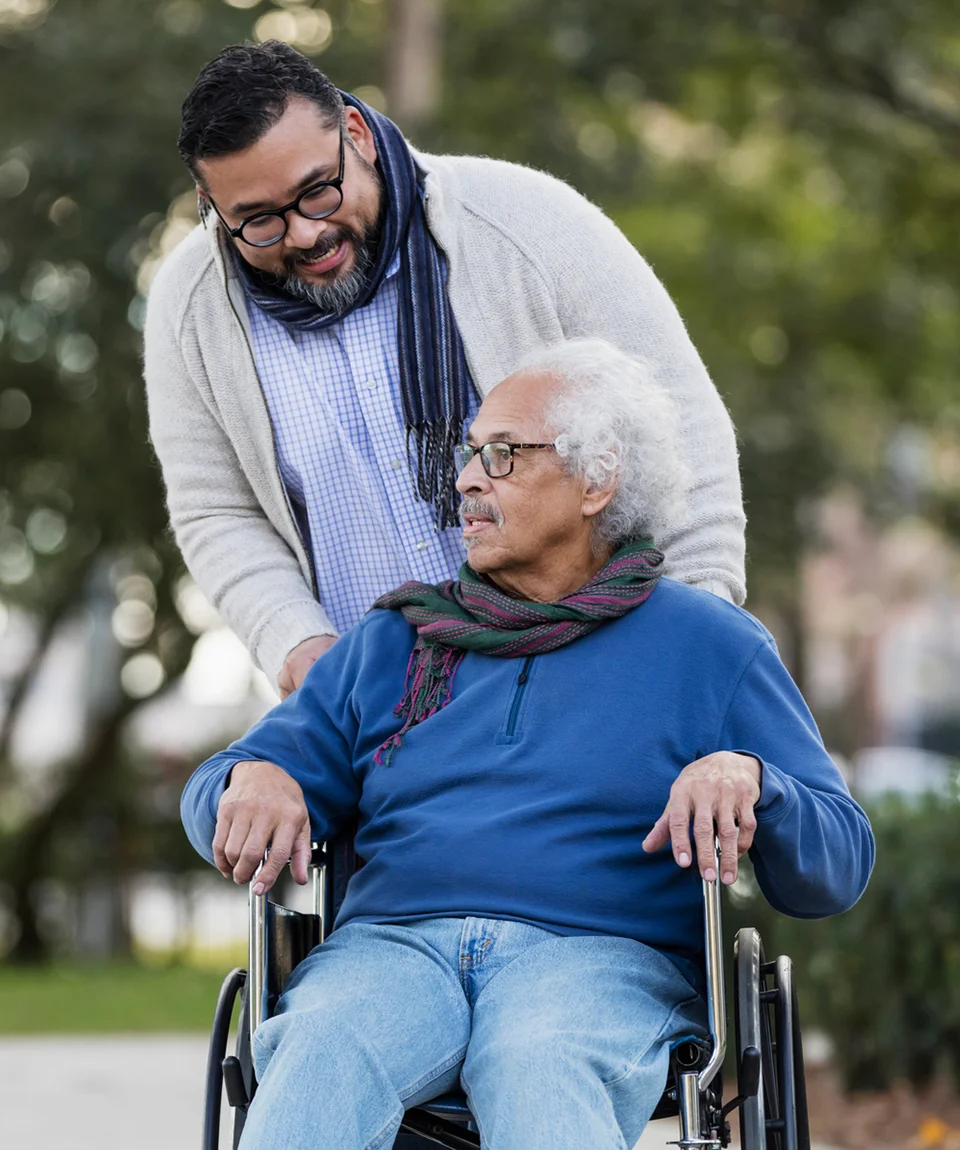What is a thallium scan?
A thallium scan uses a radioactive tracer to see how much blood is reaching different parts of your heart. These tests are the more common forms of tests called nuclear medicine scans. You may also hear them called:
- thallium myocardial imaging
- cold spot imaging
- myocardial perfusion imaging
- thallium scintigraphy.
Why is it done?
- These scans are often done to determine the size and location of injured muscle after a heart attack and will help your doctor find out more about your heart's cells and its blood supply.
- It is also sometimes done after bypass surgery to see whether grafted blood vessels are functioning properly.
- It may be recommended for people with persistent unexplained chest pain, or to learn more about irregularities found during an electrocardiogram (ECG/EKG).
How do you prepare?
You will probably be told not to eat or drink for at least three hours before your test, or abstain from having any tobacco, alcohol, caffeinated beverages or over-the-counter medications in the 24 hours before the procedure.
Be sure to talk to your doctor if you have diabetes, discuss any prescription medications you are taking, and if you have any allergies.
It is best to check with the centre where you are having your test for specific information about how to prepare.
What can you expect?
- You will be asked to lie on a table, then a small amount of thallium (a radioactive tracer) is injected into a vein in your arm.
- A special camera then measures the amount of the tracer that is carried through your bloodstream into your heart.
- The parts of your heart that receive good blood supply will pick up the tracer.
- The areas with poor blood supply will not pick it up, so will appear as dark areas (cold spots) on the scan.
- Thallium scans may sometimes be done after exercise. It is best to check with the centre where you are having the test to find out how long the scan will take.
This is a relatively low-risk procedure. The amount of radiation absorbed by your body during this test is about the same as from a CT scan.
Travel advice
Talk to your doctor before scheduling any travel plans shortly after your scan. With increased security at airports and border crossings, sophisticated scanning techniques may detect small amounts of residual radiation in your body, which could lead to travel delays. Your doctor will help you determine how and when to schedule your travel following your scan.
